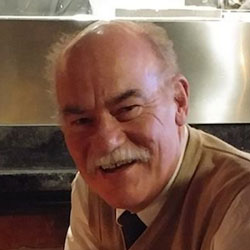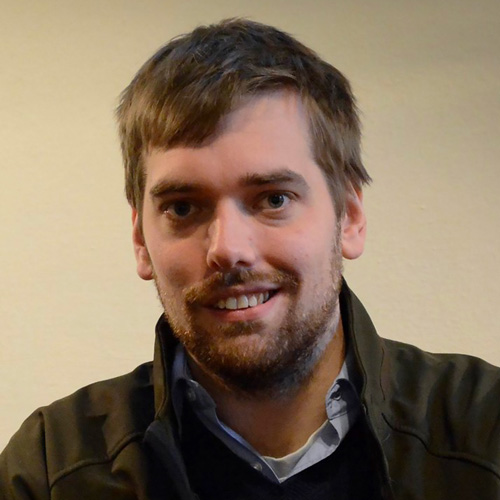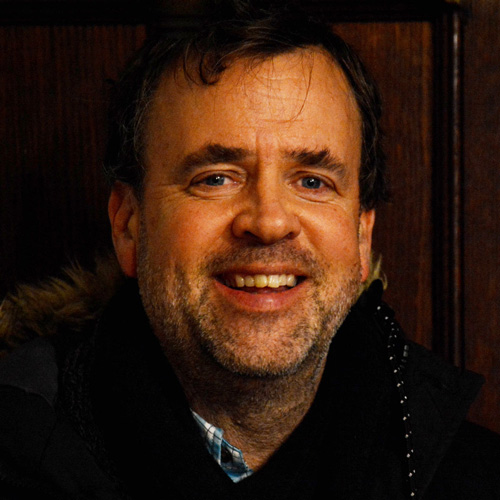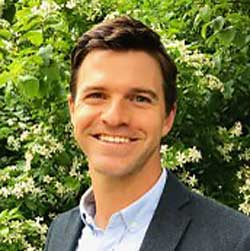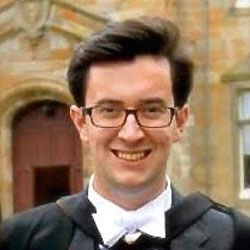Becoming Modern: Recreating Past, Present and Future
Modernisation has given rise to ideologies that have had profound consequences for our sense of identity: secular metanarratives that claim meta-explanatory powers. It has also transformed what the past means for ordinary people – with consequences for how we view the present and the future. In this lecture, Professor Meic Pearse explores some of the more important challenges this presents for a coherent, Christian view of the world, and of ourselves. [embed]https://roundchurchcambridge.s3.eu-west-2.amazonaws.com/wp-content/uploads/2019/11/06161940/meic-pearse-becoming-modern-recreating-past-present-and-future.mp3[/embed]...


